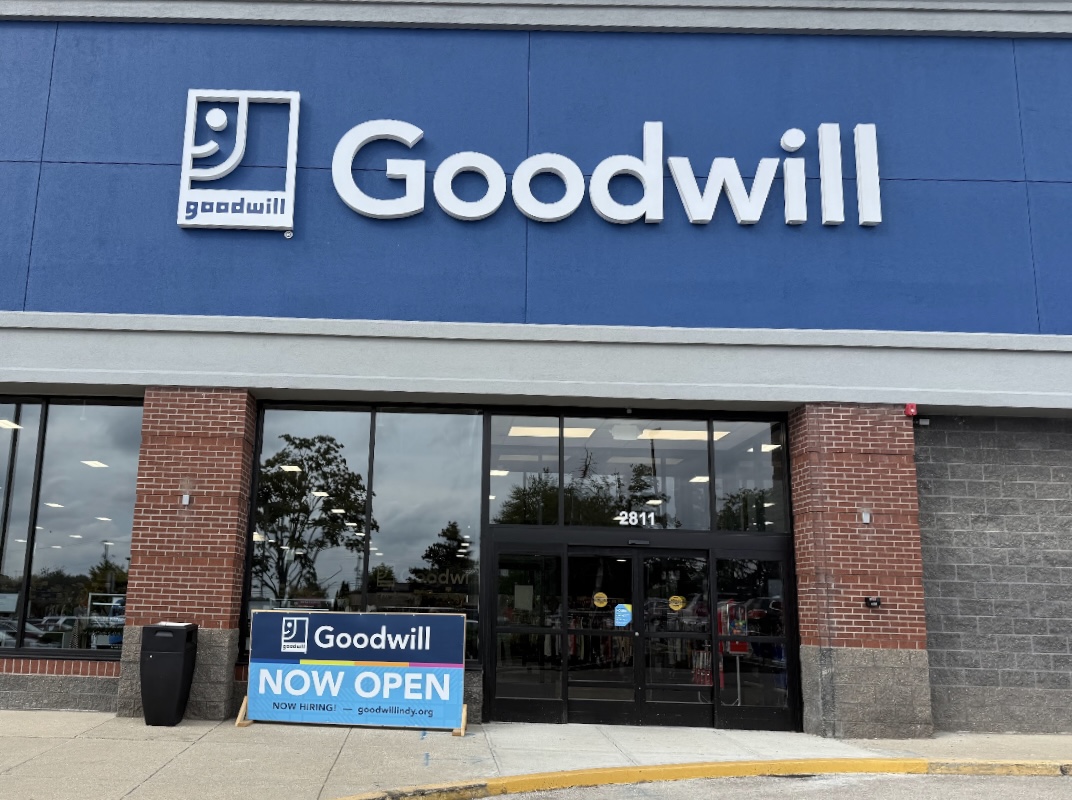President Trump’s tariff-heavy economic strategy has received mixed reactions online. Many people have negative opinions on the tariffs while others believe they’ll lead to a brighter future in America. We asked students at South what they thought about Trump’s tariffs and how they’d impact America.
Good or Bad Economic Policy?
Senior Lewis Robinson said, “I think that the tariffs are not good economic policy. I think the primary problem with the tariffs is that the cost is primarily at the expense of the consumer.”
Robinson continued and explained that he “think[s] there’s a misconception that tariffs make the other country pay.”
Robinson believes that instead, “what it is is that the people who are importing the good need to pay, and [tariffs] supposedly de-incentivize imported products, which would supposedly come at a benefit to American industry, which over time, it possibly could do, but the immediate cost of the consumers is really high with Trump’s tariffs specifically, because they’re kind of over the top.”
Senior Noah Lasher also disagreed with Trump’s economic plan, saying “I think that they’re an obviously, idiotic move on the part of the administration, and they will only negatively impact the economy and American society.”
Senior Giovanni Lopes said, “[Trump’s] economic plan is really bad…even in the best case scenario, the tariffs don’t really work in the way he wants them to. So even in a dream world where everything went to plan they still wouldn’t be as successful as alternative options.”
Further in Depth
Lasher questioned the aim of the tariffs. He said, “I don’t know what would be successful about it. It’s a bit of an amorphous, undefined goal of this concept of patriotism and having American manufacturing, but the long term goal is what exactly?”
Lopes expanded on his views by saying, “the issue of tariffs as a whole is that first of all, it’s going to hurt consumers in the short term…however, tariffs aren’t inherently bad, because they can be used for decent protectionism. A lot of other countries have tariffs on specialized goods because it’s good for them. But the issue is that basically, we are tariffing the entire world for-I’m not gonna say no reason-but for example, it would make more sense in my head for Trump just to target China.”
The Future
Robinson explained that tariffs “won’t actually help American businesses grow that much.” He said, “I think that it’ll lower consumer spending, which will hurt American businesses. I think the other issue is that this whole idea that we need to bring manufacturing into the U.S. is a flawed one. I think the U.S. has plenty of room for economic growth without moving the manual labor jobs that we’ve exported since the 1950s, back into the U.S.”
Robinson continued, explaining that placing tariffs on trading partners like Mexico and Canada is a bad idea since “the immediate cost is going to outweigh any long term benefits.”
Lasher explained that he prefers the economic plan in place before Trump’s tariffs, saying “I see nothing wrong with the current plan of keeping trade open with foreign countries. And if anything, [Trump] should go in the opposite direction and try to build bridges with these countries, economically, so that we can rely on them. In terms of building a more global support system for America.”
Lopes raised an interesting point, stating that it’s likely cheaper for companies like Apple to continue manufacturing abroad than to build entire new factories in the U.S. because “if [Trump’s] tariffs get reversed in the entire duration that [Apple is] making that factory, which is gonna be a multi year process and multi billions of dollars, then all the money, all the time, all the effort [Apple] just put into making that factory is wasted.”
Robinson brought up diplomatic arguments against the tariffs, stating, “the biggest thing that [they do] is erode trust.”
Lopes mentioned that America across history “has been this kind of industrial powerhouse,” since WWI and WWII, and that placing tariffs “feels like [the U.S.] basically admitting that America can’t be competitive with the world.”
Lopes emphasized that if successful, tariffs will create factory jobs rather than specialized jobs which are more valuable in his view.



